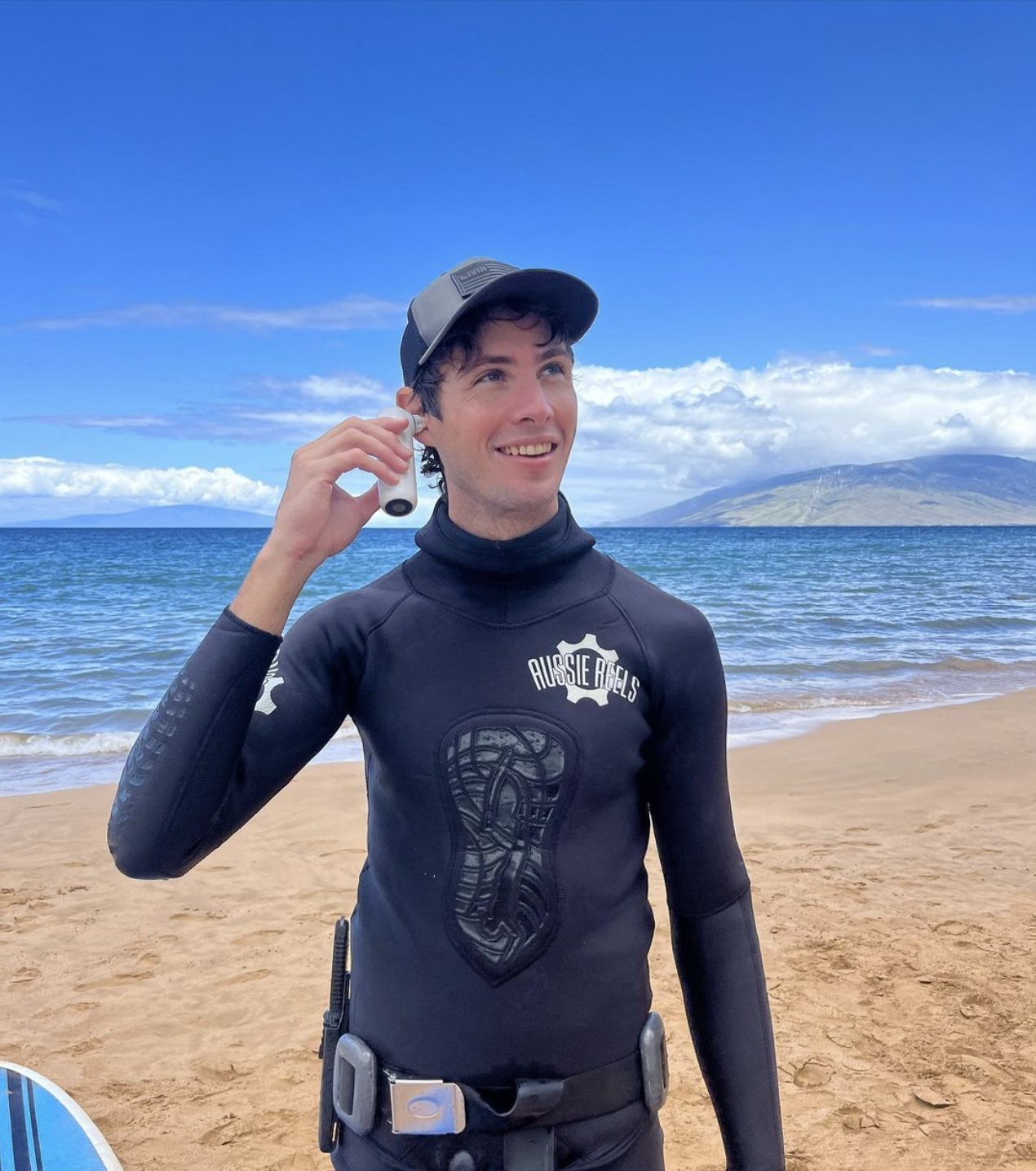
Is It Safe To Use An Ear Dryer?
Share
If you've ever been swimming and had water trapped in your ear, you know how uncomfortable it can be. The water can cause a feeling of fullness, muffled hearing, and even dizziness.
To make matters worse, if the water stays stuck in the ear canal for an extended period of time, it may promote the growth of bacteria and fungi, and eventually lead to a nasty case of Swimmer's Ear (an infection of the outer ear canal, also known as otitis externa.)
There are a few different ways to get water out of your ear, but one of the most popular is to use an ear dryer. Ear dryers are small, handheld devices that use warm air to evaporate the water in your ear canal.
Are Ear Dryer's Safe?
Yes, it is generally safe to use an ear dryer to remove water from your ears. These devices are designed to evaporate moisture from the ear canal by using warm stream air that is safe for most people. Ear dryers are designed by professionals to be safe, so it's no wonder that ENT doctors recommend using ear dryers to dry water from ears.
In order to be completely safe while drying your ears with an ear dryer, it's important to always follow the manufacturers recommendations, keep the device clean and sanitary, and to refrain from using the ear dryer for extended periods (longer than a few minutes) at any one time. If the water in your ear is still trapped after a few minutes, try using another method, such as ear drops or tipping your head to the side.
What About Using A Hair Dryer?
It is much safer to use an ear dryer than a hair dryer to remove water from your ears. Hair dryers are designed for hair, not ears. They can get much too hot and can easily damage your eardrum. Despite claims that hair dryers can be used to remove water from ears, we strongly recommend against this practice.
Cotton Swabs?
Yep, you guessed it, cotton swabs aren't ideal either. it is safer to use an ear dryer than cotton swabs to remove water from your ears. Cotton swabs can push earwax deeper into your ear canal, which can lead to blockages and infections.
If you have water trapped in your ear for more than a few days, or if you have any pain, drainage, or hearing loss, you should see a doctor. They can check for an ear infection and recommend the best course of treatment.
In conclusion, ear dryers are generally a safe and effective way to remove water from your ears. They are designed with safety in mind. However, if you have a perforated ear drum, have undergone any procedure to the ear, or suffer from any chronic or accurate ear related issues, please consult with your doctor before using an ear dryer. If the water is still trapped after a few minutes of using an ear dryer, or if you have any other symptoms, please see a doctor.
If you want to know more about swimmer's ear, check out this Wikipedia article.
This article is intended for educational purposes only and should not replace professional medical advice. For concerns about ear health, always consult a healthcare provider.
